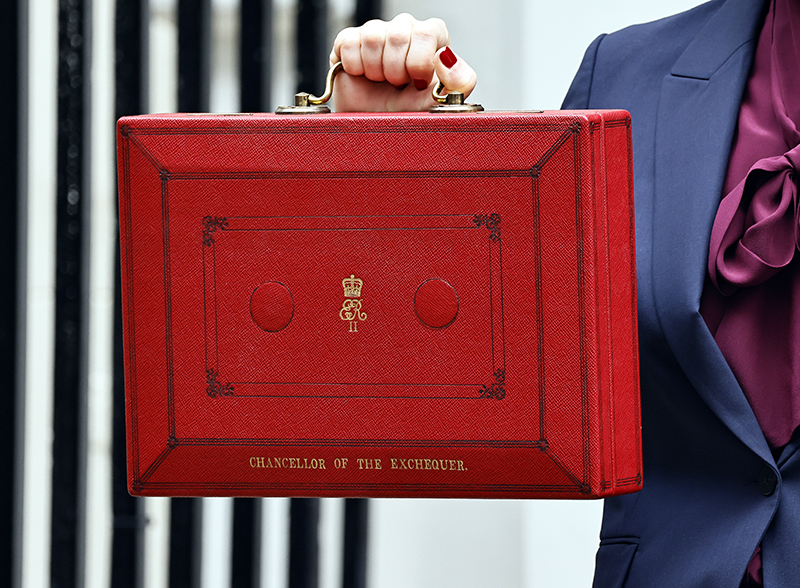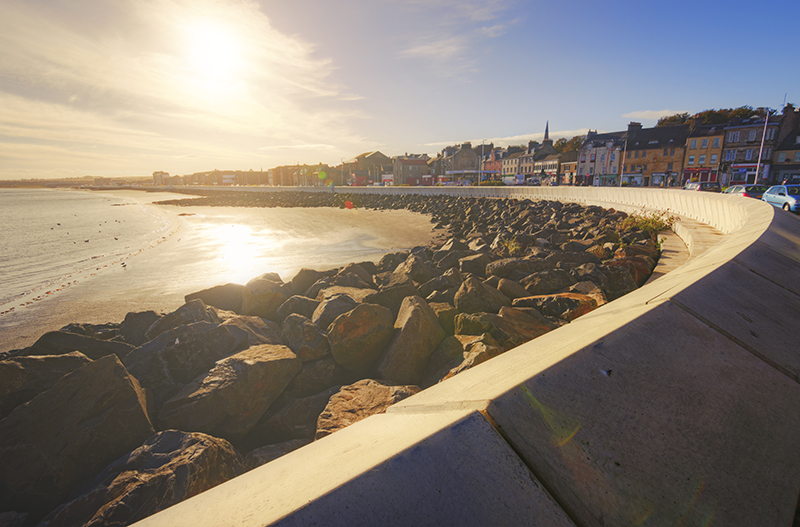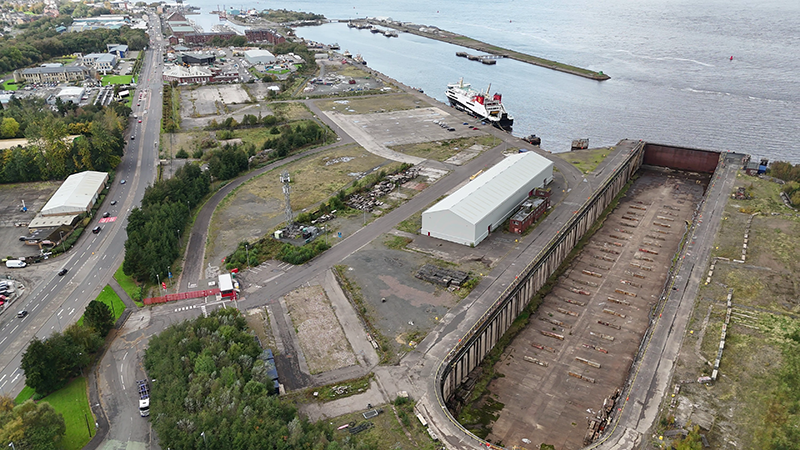
THE autumn budget offers ‘little direct reassurance for the construction equipment industry’, according to Viki Bell, chief executive of the Construction Equipment Association (CEA).
Ms Bell said that while chancellor Rachel Reeves’ statement maintains investment in some key areas, the construction sector was ‘barely referenced’ despite its central role in supporting growth, infrastructure delivery and UK manufacturing.
“Rising costs remain a major concern,” Viki Bell said. “The increase in the National Minimum Wage, alongside the extended freeze on income tax and National Insurance thresholds until 2031, will raise employment costs and reduce disposable income at a time when many SMEs are already under pressure. Freezing fuel duty offers some relief, but the new mileage charges for hybrid and electric vehicles will add costs elsewhere in the supply chain.
“Although funding for apprenticeships and skills is welcome, the lack of wider action on housebuilding or planning reform is a missed opportunity. With activity already subdued, the absence of targeted support for the housing market leaves a significant gap for the construction sector.
“We are also concerned that support to cut electricity prices for manufacturing will not begin until 2027. Energy costs are impacting UK manufacturers now, and delaying action risks weakening competitiveness and discouraging investment in new equipment.
“The chancellor confirmed the continuation of full expensing and a new first-year allowance, which will support manufacturers and some contractors. However, because assets made available for hire are excluded, most plant hire companies will remain unable to access this relief.
“Major infrastructure schemes were referenced, but today’s strict fiscal rules mean delivery is far from guaranteed. What our sector needs is certainty. The construction equipment industry continues to face rising input costs and a slowing market, yet the budget leaves many key questions unanswered.
“We are now working through the detailed budget tables and will provide members with a full report in the coming days.”

Professor Andy Angus, economist to the CEA, Cranfield University, agreed that it was surprising how little the construction sector was mentioned in the chancellor’s speech.
“There was no reference to planning reform and no new commitments on major infrastructure delivery,” he commented. “The extension of the income tax and National Insurance threshold freeze means millions more workers will move into higher tax bands as wages rise, reducing disposable income. At the same time, the increase in the National Living Wage raises input costs for firms across the construction supply chain. These pressures come at a time when many contractors and SMEs are already operating on tight margins.
“This must be balanced against increased funding for apprenticeships and skills for young people, and the freeze on fuel duty, which will provide some relief. But with new charges on hybrid and electric vehicles, and no targeted measures to stimulate housebuilding, the challenges facing the sector remain significant. While much of the country may feel relieved to have clarity from the budget, the construction sector is still waiting for the long-term signals and certainty needed to support sustained growth.”

Steve Mulholland, CEO of the Construction Plant-hire Association (CPA), said the chancellor’s refusal to reverse the ‘damaging’ changes to Business Property Relief (BPR) has intensified the cliff edge facing family firms next April.
“Our industry needed a budget that backed builders. Instead, the chancellor has turned the other way,” he added. “Over 80% of CPA members now fear they will struggle to pass their business to the next generation. These are not abstract numbers, but real companies providing the machinery that build Britain. Undermining their future undermines the country’s future.
“Labour’s target of 1.5 million new homes is now under fresh strain. 76% of members expect investment in new equipment to fall, and two-thirds expect cuts to staff and apprenticeships because of the Inheritance Tax reforms. The industry needs around 250,000 additional workers every year just to meet infrastructure demand. You cannot build more homes by weakening the businesses and jobs that deliver them.
“This was the moment to support the firms at the frontline of Britain’s growth ambitions. Once again, the chancellor has failed to deliver.
“While funding SME apprenticeships for under-25s is welcome, it does not come close to the scale of the challenge. Construction employs around 10% of the UK workforce yet accounts for 15% of all insolvencies, with unemployment having risen by 282,000 over the past year. Family-run firms cannot hire at the pace Britain needs when their cost base is already being squeezed by last year’s Business Property Relief changes and rising employer taxes.
“The chancellor’s decision not to reverse last year’s damaging Employer National Insurance hike will continue to choke construction employment across the country. The warning signs are already flashing red. Construction accounted for more than 15% of all UK insolvencies this summer, yet today the chancellor chose to tighten the screw.”
Fife Council welcomed the announcement in the autumn budget statement that Kirkcaldy High Street and seafront will receive £20 million from the Growth Mission Fund.
Councillor David Ross, the council leader, said, “We’re delighted to have confirmation of this funding. This is a significant milestone for Kirkcaldy and for Fife as a whole. As a council, we have long been committed to regenerating Kirkcaldy town centre and the waterfront, and this new funding will accelerate our plans to create a vibrant, inclusive and economically resilient town.
“We’re already progressing key projects, including the demolition of the Esplanade multi-storey car parks and the redevelopment of the former Postings site.”

Along similar lines, the leader of Inverclyde Council welcomed investment of £20 million in Inchgreen Marine Park and historic dry dock. Councillor Stephen McCabe said the financial support announced in the budget statement will help deliver jobs for the area.
Funding has been allocated from the Growth Mission Fund to support the ongoing redevelopment of the site to attract new businesses and create jobs alongside the Ministry of Defence (MoD). As part of the deal, it is proposed that the historic Inchgreen Dry Dock will also become part of the overall Inchgreen Marine Park site.
Inchgreen Marine Park is a joint venture between Inverclyde Council and Clydeport Operations Limited, which is a subsidiary of Peel Ports Group.
Councillor McCabe said, “This is a vote of confidence by the UK Government in not only the potential for Inchgreen Marine Park and the historic dry dock but in the huge potential for Inverclyde as a whole and today’s announcement is very much welcome. We’ve made great strides in recent times to redevelop the site to make it an attractive proposition for a variety of businesses and industries and there is a lot of positive interest in the site.
“This additional investment from the government is a momentous moment in the ongoing redevelopment of Inchgreen and takes us another massive step closer to realising our shared ambition of attracting work and jobs to the site.”












